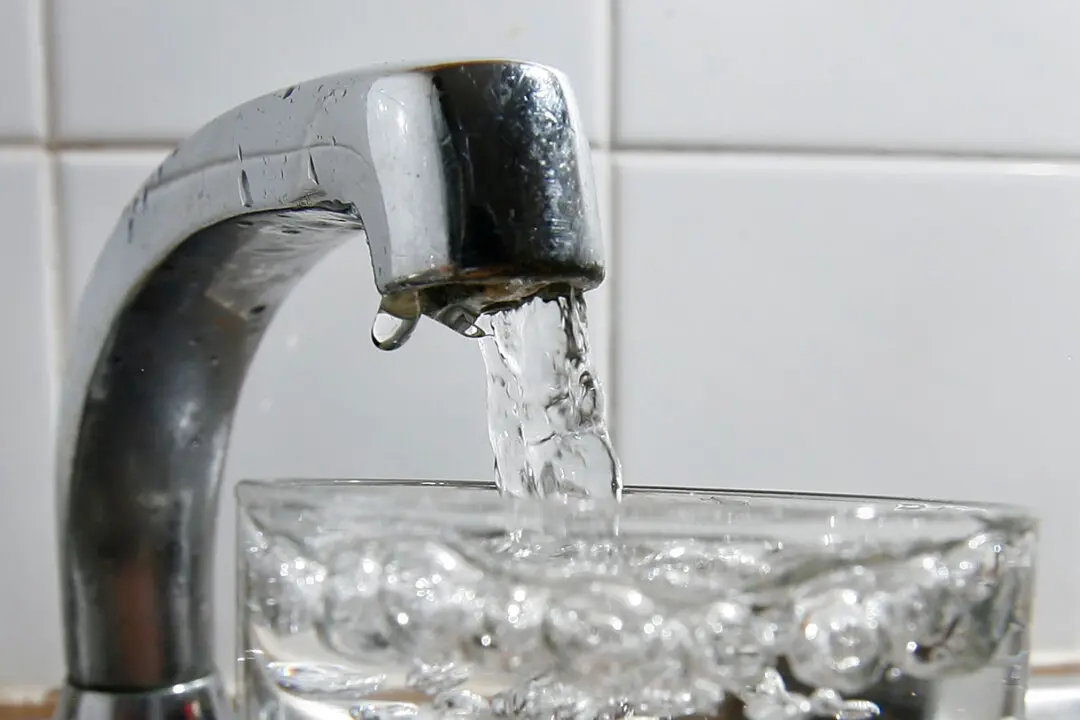The cost of maintaining, repairing, and renewing New Zealand’s failing water infrastructure will remain with local authorities, Minister for Local Government Simeon Brown has announced.
Cabinet has agreed to introduce and pass legislation early next year that will repeal “Three Waters” legislation, which would have transferred ownership of—and responsibility for—drinking and wastewater assets to four newly constituted “water entities,” each covering around a quarter of the country.





